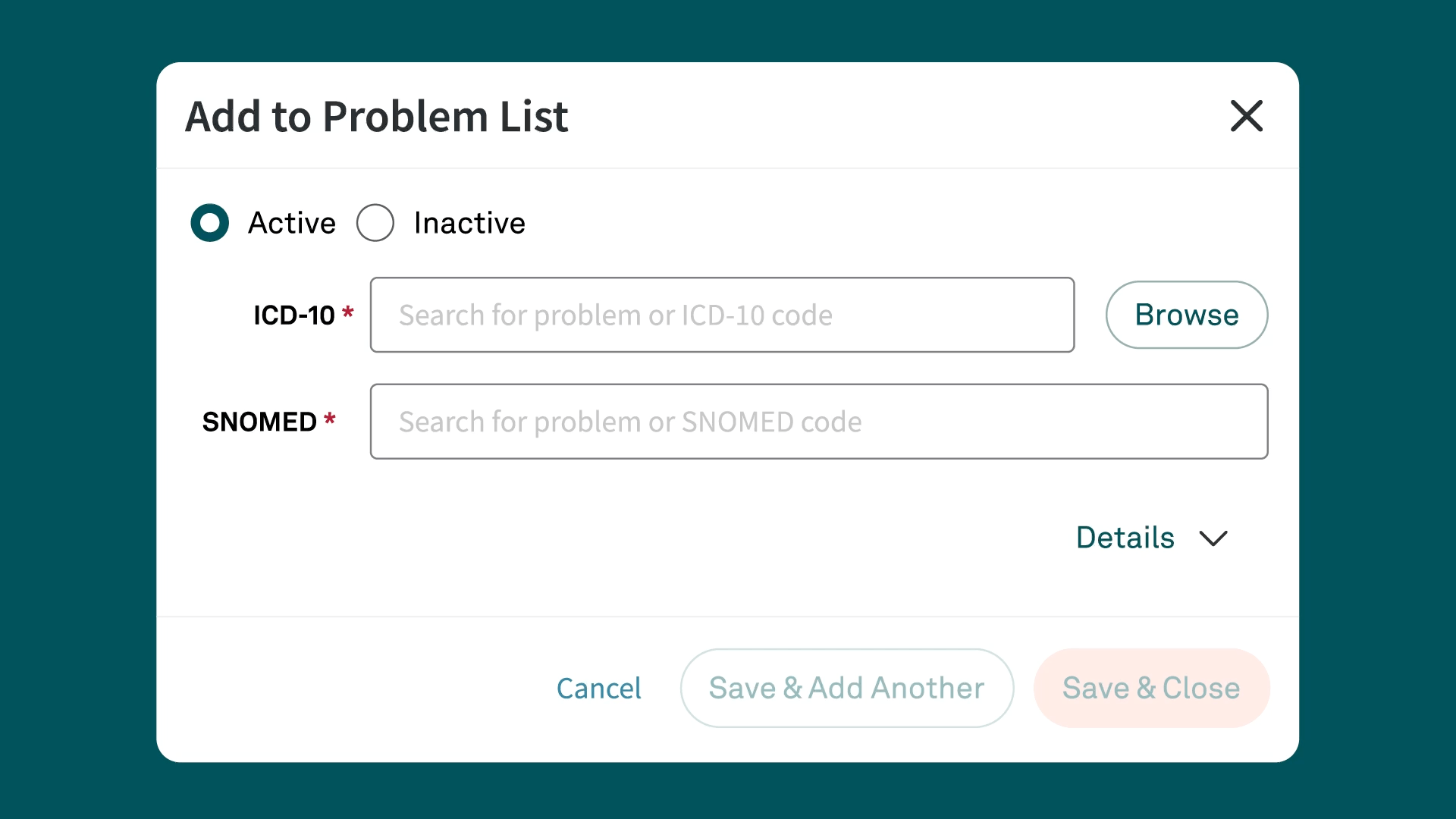ICD-10 Code F32.9
Major depressive disorder, single episode, unspecified
What is the code F32.9?
The ICD-10-CM code F32.9 refers to "major depressive disorder, single episode, unspecified." This code is used to classify a single episode of major depressive disorder when specific details about the severity and features of the episode are not provided or are unknown.
Detailed description of F32.9
F32.9 is part of the International Classification of Diseases, 10th revision, Clinical Modification (ICD-10-CM) classification system, which standardizes the diagnosis and coding of diseases and health conditions. In the case of F32.9, it indicates that the patient is experiencing a major depressive episode, but the documentation does not specify whether it is mild, moderate, or severe. The code captures the presence of a depressive episode that significantly impacts the patient's daily functioning and quality of life.
Symptoms commonly associated with F32.9
Patients coded with F32.9 typically experience a range of symptoms that may include:
- Persistent feelings of sadness or emptiness
- Loss of interest or pleasure in most activities
- Significant weight loss or weight gain
- Insomnia or hypersomnia
- Psychomotor agitation or retardation
- Fatigue or loss of energy
- Feelings of worthlessness or excessive guilt
- Diminished ability to think or concentrate, or indecisiveness
- Recurrent thoughts of death or suicide
These symptoms must be present for at least 2 weeks and represent a change from previous functioning.
Related and similar ICD-10 codes
Several ICD-10 codes are related to or similar to F32.9, including:
- F32.0: Major depressive disorder, single episode, mild
- F32.1: Major depressive disorder, single episode, moderate
- F32.2: Major depressive disorder, single episode, severe without psychotic features
- F32.3: Major depressive disorder, single episode, severe with psychotic features
- F32.4: Major depressive disorder, single episode, in partial remission
- F32.5: Major depressive disorder, single episode, in full remission
- F32.89: Other specified depressive episodes
These codes provide more detailed information about the severity and specific features of the depressive episode.
Appropriate usage and guidelines for F32.9
When using the F32.9 code, it is important to ensure that provider documentation indicates that the major depressive disorder or its treatment affected patient care and management for the current encounter. The code should be used when the episode is unspecified in terms of severity or specific features.
Providers should be aware that F32.9 is a broad code and should not be used if the severity and features of the episode are further specified in the documentation.
Other terms that are coded to F32.9 include:
- Depressive reaction
- Psychogenic depression
- Reactive depression
When a patient has been diagnosed with both major depressive disorder and bipolar disorder, do not report F32.9. Instead assign the appropriate code for bipolar disorder. Bipolar disorder includes major depression as indicated by the excludes 1 note found at category F32.
Common pitfalls in coding with F32.9
One common pitfall in coding with F32.9 is the lack of specificity. Providers may default to using F32.9 when more detailed information is available or could be obtained. This can lead to inaccurate data collection and impact treatment planning and outcomes.
Key resources for F32.9 coding
Several resources can aid in accurate coding of F32.9:
- ICD-10-CM Official Guidelines for Coding and Reporting: These guidelines provide comprehensive instructions for using ICD-10 codes.
- DSM-5: The Diagnostic and Statistical Manual of Mental Disorders offers detailed criteria for diagnosing major depressive disorder.
- Centers for Medicare & Medicaid Services (CMS): CMS offers a wealth of resources and updates on coding practices, including webinars, manuals, and bulletins.
- Professional coding organizations: Organizations like the American Health Information Management Association (AHIMA) and the American Academy of Professional Coders (AAPC) offer educational resources, certifications, and support for medical coders.
Conclusion
ICD-10 code F32.9 is used to classify an unspecified single episode of major depressive disorder. Accurate use of this code requires provider documentation indicating that the major depressive disorder or its treatment affected patient care and management for the current encounter. Awareness of related codes, appropriate usage guidelines, and common pitfalls can enhance coding accuracy and improve patient care. Using key resources can further support healthcare professionals in the effective use of this code.
Simplify ICD-10 code documentation with Tebra
Tebra’s EHR+ gives you quick searches and Systematized Nomenclature of Medicine (SNOMED) field names for efficient code documentation. Plus, Tebra automatically saves ICD-10 to SNOMED mapping for future searches, streamlining your workflow.

Discover how Tebra helps providers effortlessly document health-related issues and conditions in this detailed post.
Similar Codes
Stay Ahead with Expert Healthcare & Billing Insights
Get the latest industry updates, financial tips, and expert strategies — delivered straight to your inbox.
